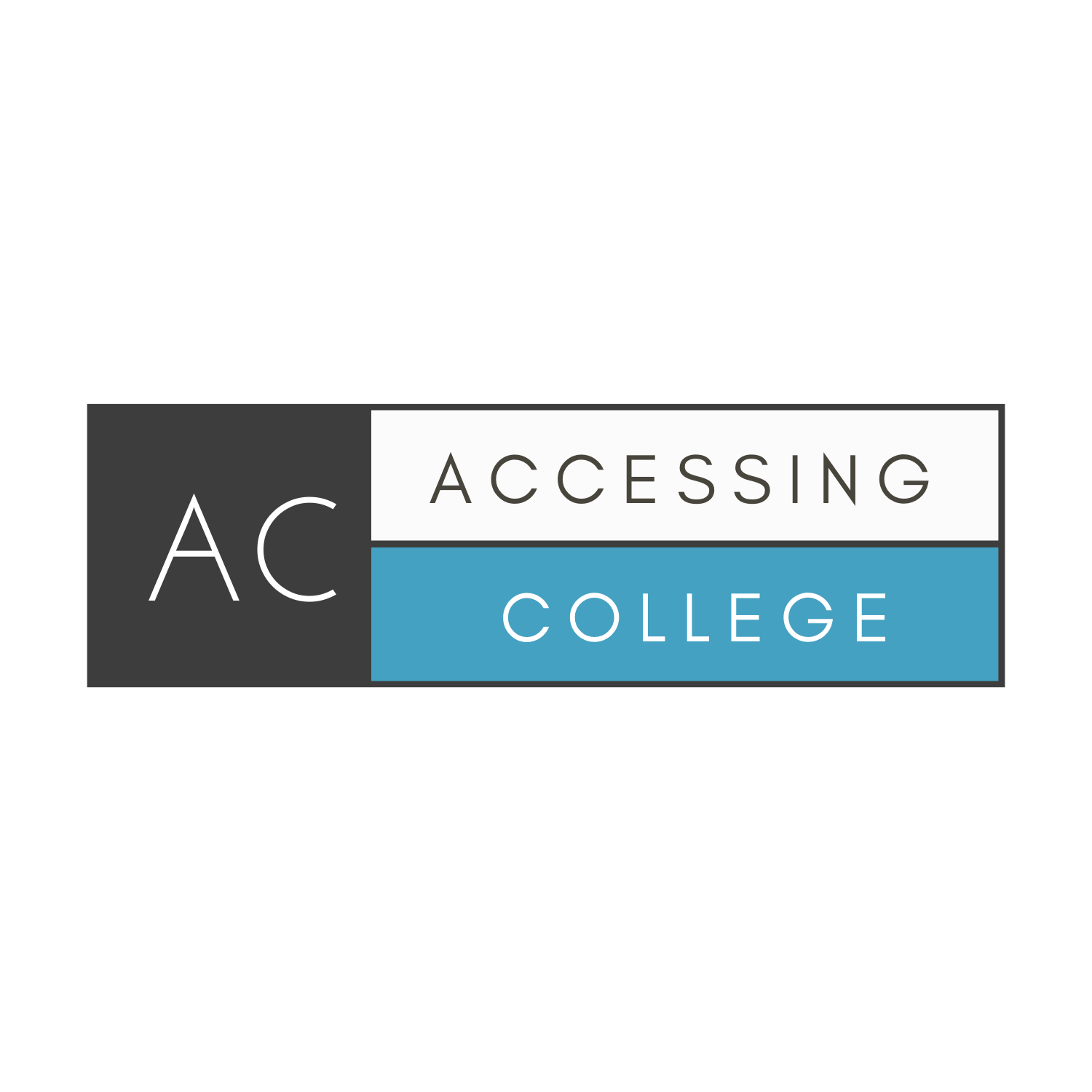Understanding Self-Advocacy in Higher Education
In today’s academic landscape, self-advocacy stands as a cornerstone for students, particularly those with disabilities. It extends beyond vocalizing needs; it involves a holistic approach encompassing self-awareness, goal setting, and seeking assistance when required.
The Significance of Self-Advocacy for Students with Disabilities
It is pivotal in the academic journey of students with disabilities. It involves advocating for necessary accommodations, fostering independence, and promoting an inclusive learning environment.
Self-advocacy isn’t confined to the present; it shapes a student’s future prospects. Colleges fostering an inclusive environment through advocacy empower future generations of students with disabilities.
The Foundations of Effective Self-Advocacy
Self-Awareness and Realistic Evaluation
At the core, lies self-awareness. Students need to identify their strengths, limitations, and unique learning styles. This self-understanding empowers them to express their needs confidently.
Goal Setting and Direction
Crafting realistic, achievable goals is pivotal in navigating the college landscape. Students with disabilities benefit greatly from setting Specific, Measurable, Achievable, Relevant, and Time-bound (SMART) goals aligned with their aspirations.
Beyond Vocalization: The Comprehensive Approach
Help-Seeking and Support Networks
Self-advocacy extends beyond individual efforts; it involves seeking appropriate assistance and establishing support networks. Encouraging students to access resources and build connections fosters a resilient and empowered mindset.
Prioritizing Wellness in Advocacy
Wellness is an integral aspect of effective advocacy. Balancing academic demands with mental and physical well-being ensures sustainable success throughout a student’s college journey.
The Crucial Role of Self-Advocacy in College Success for Students with Disabilities
Navigating college with a disability presents unique challenges. Self-advocacy, however, acts as a guiding light, enabling students to embrace their journey with confidence and determination. Understanding the multifaceted nature of self-advocacy and its core elements is essential in unlocking success for students facing such challenges.
Self-Awareness: A Stepping Stone to Success
For students with disabilities, self-awareness marks the starting point in their advocacy journey. Recognizing their strengths, limitations, and preferred learning methods empowers them to articulate their needs effectively.
Goal Setting: Charting the Path Forward
Crafting specific, achievable goals is crucial. Students benefit immensely from goals aligned with their aspirations and tailored to their unique circumstances, paving the way for a fulfilling college experience.
Seeking Support: Building a Stronger Foundation
Encouraging students to seek help when needed is a vital aspect of effective advocacy. Establishing support networks within the college community ensures a more inclusive and nurturing environment.
Wellness: The Cornerstone of Self-Advocacy
Balancing academic rigor with personal well-being is imperative. Prioritizing mental and physical health lays a strong foundation for sustained success in the college journey.
Shaping Future Generations
Colleges fostering an environment of inclusivity and empowerment through self-advocacy initiatives contribute to shaping a more inclusive and understanding society. Empowering students with disabilities not only influences their own journey but also paves the way for future generations.
In conclusion, self-advocacy is not just a skill; it’s a transformative mindset that fuels success. For students with disabilities, it serves as a beacon, guiding them through the intricacies of higher education. By embracing self-awareness, setting realistic goals, seeking support, and prioritizing wellness, students can carve their path to success, fostering a brighter future for themselves and those who follow.




